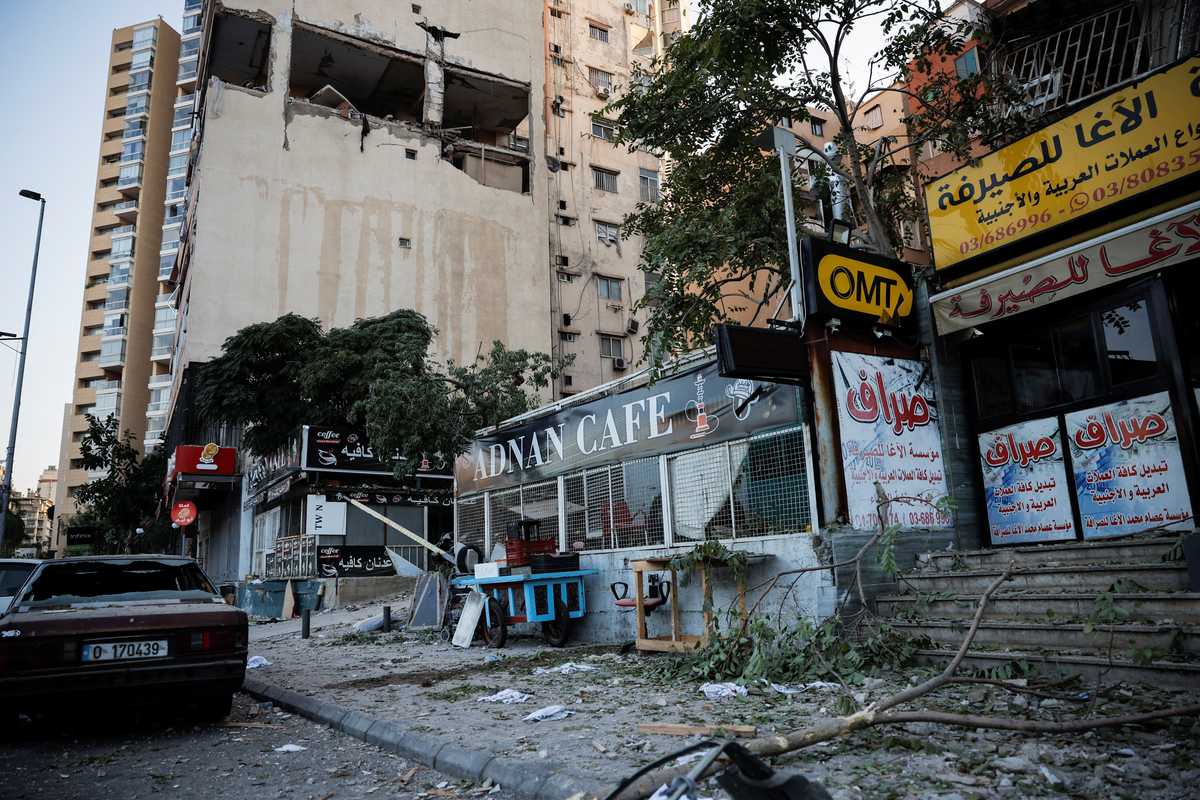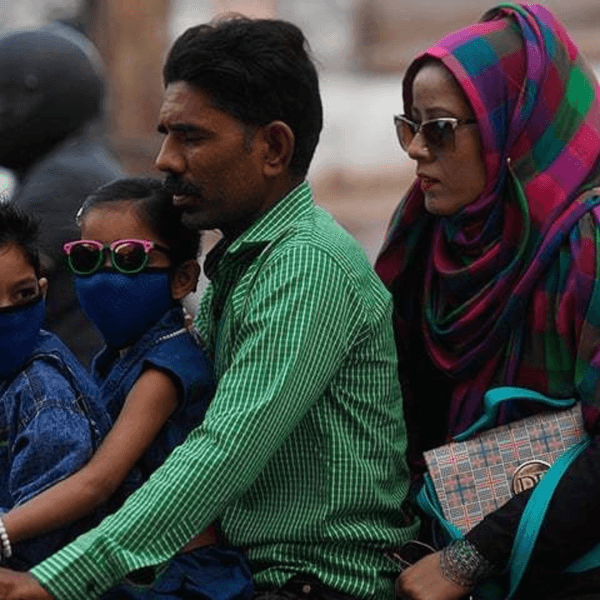Israel conducts first airstrike in central Beirut, escalating conflict
Lebanon’s Health Ministry reports mounting casualties as Israeli attacks intensify across the country.
Dubai Desk
The Dubai Desk reports on major developments across the UAE, covering news, culture, business, and social trends shaping the region.

Buildings damaged in an Israeli strike in Kola, central Beirut, Lebanon September 30, 2024
Reuters
Israel has launched its first airstrike within Beirut's city limits, targeting the Kola area and killing three members of the Popular Front for the Liberation of Palestine. This marks a significant escalation, as previous attacks had been limited to the southern suburbs.
Lebanon’s Health Ministry reported 105 deaths in the last 24 hours as Israeli jets continued widespread bombardment.
Lebanon’s acting Prime Minister Najib Mikati has stated that the government is ready to fully implement UNSC Resolution 1701, which aimed to end Hezbollah’s armed presence south of the Litani River as part of an agreement to prevent war with Israel.
Rising death toll in Lebanon
As Israeli airstrikes on Beirut and elsewhere in Lebanon continue, the two-week-long wave of attacks has killed around 1,000 Lebanese and forced one million to flee their homes, according to the Lebanese government. Several Hezbollah commanders have been eliminated, but the civilian toll remains high.
Among those killed was Hezbollah leader Sayyed Hassan Nasrallah, whose body was recovered after an Israeli airstrike on Beirut’s southern suburbs. According to security sources, Nasrallah's body showed no signs of direct wounds, suggesting his death was caused by the force of the blast.
Who will lead Hezbollah next?
In his first address since the killing of Nasrallah, Hezbollah deputy chief Naim Qassem said the group would choose a successor for its slain secretary-general "at the earliest opportunity" and vowed to continue fighting against Israel.
Qassem also stated that Hezbollah fighters had continued to fire rockets as deep as 150 km (93 miles) into Israeli territory.
Israeli attacks intensify
Israel has ramped up its strikes on Hezbollah in Lebanon and Houthi forces in Yemen, raising concerns that the conflict could expand, potentially involving Iran and the U.S. On Sunday, Israeli airstrikes targeted a power plant and seaport in the Yemeni cities of Hodeidah and Ras Isa, killing at least four people, while numerous Hezbollah sites in Lebanon were also hit.
Ceasefire calls and international response
As Israel vows to continue its offensive, the Gulf Cooperation Council (GCC) has called for an immediate ceasefire, emphasizing the protection of civilians and the prevention of further escalation.
The Kremlin condemned the killing of Hezbollah leader Sayyed Hassan Nasrallah in last week’s Israeli air attack and warned that the risk of a major Middle East war is "extremely high."
The European Union’s foreign policy chief Josep Borrell has convened an extraordinary informal meeting of EU foreign ministers on Monday to discuss the bloc’s response to the escalation in Lebanon.
U.S. President Joe Biden has called for a diplomatic resolution to the crisis while also authorizing military reinforcements in the region. When asked whether an all-out war could be avoided, Biden said, “It has to be,” signaling ongoing talks with Israeli Prime Minister Benjamin Netanyahu.







Comments
See what people are discussing